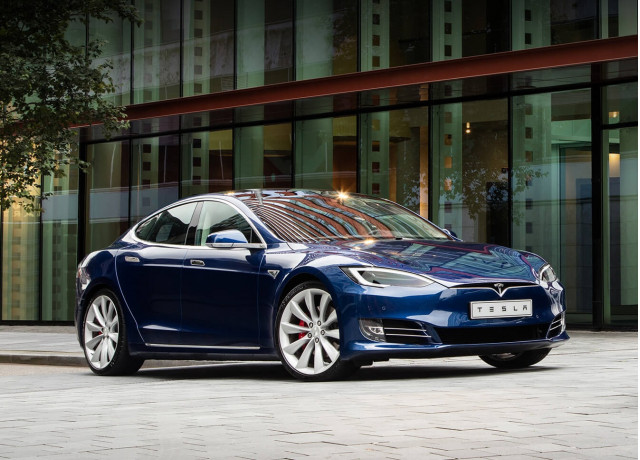Tesla is the first automaker to lose electric car federal tax credit begin quote from:
Soon, Tesla electric cars will cost up to $7,500 more as the automaker is first to reach the 200,000-vehicle threshold for federal tax credits. It means the tax incentives will enter a phase out period.
Green Car Reports confirmed with Tesla Thursday that the automaker had passed the 200,000-car ceiling.
As a quick refresher, the $7,500 credit will only be available until December 31 before halving to $3,750 for the first six months of 2019. The final six months of 2019 will see the credit drop to $1,875 and then vanish.
The tax credits were designed to bring electric cars closer to price parity with traditional cars powered by an internal combustion engine and every automaker is eligible for the credits until 200,000 cars. However, Tesla exclusively sells electric cars, which made it a prime candidate to pass the threshold first. General Motors may also reach the limit this year, too; the automaker sells the Chevrolet Volt plug-in hybrid and battery-electric Chevrolet Bolt EV.
As more automakers turn to electric cars, we'll continue to see stories like this. Both Tesla and GM were early adopters of mainstream electric cars, as was Nissan with its Leaf. As electric cars' popularity increases, it will put automakers like Tesla and the bunch at a disadvantage, while newcomers to the segment reap the $7,500 incentive. Notably, German automakers are just now beginning to prep electric car portfolios. Volkswagen will introduce an electric crossover, Jaguar has launched the I-Pace, and Porsche will enter the segment with the Taycan sedan.
Currently, a bill is working its way through the U.S. House of Representatives to extend the tax credits for another 10 years, and also turn the incentive into a point-of-sale discount. However, it's unclear if such a bill will ever pass through both chambers of congress.
Green Car Reports confirmed with Tesla Thursday that the automaker had passed the 200,000-car ceiling.
As a quick refresher, the $7,500 credit will only be available until December 31 before halving to $3,750 for the first six months of 2019. The final six months of 2019 will see the credit drop to $1,875 and then vanish.
The tax credits were designed to bring electric cars closer to price parity with traditional cars powered by an internal combustion engine and every automaker is eligible for the credits until 200,000 cars. However, Tesla exclusively sells electric cars, which made it a prime candidate to pass the threshold first. General Motors may also reach the limit this year, too; the automaker sells the Chevrolet Volt plug-in hybrid and battery-electric Chevrolet Bolt EV.
As more automakers turn to electric cars, we'll continue to see stories like this. Both Tesla and GM were early adopters of mainstream electric cars, as was Nissan with its Leaf. As electric cars' popularity increases, it will put automakers like Tesla and the bunch at a disadvantage, while newcomers to the segment reap the $7,500 incentive. Notably, German automakers are just now beginning to prep electric car portfolios. Volkswagen will introduce an electric crossover, Jaguar has launched the I-Pace, and Porsche will enter the segment with the Taycan sedan.
Currently, a bill is working its way through the U.S. House of Representatives to extend the tax credits for another 10 years, and also turn the incentive into a point-of-sale discount. However, it's unclear if such a bill will ever pass through both chambers of congress.

No comments:
Post a Comment